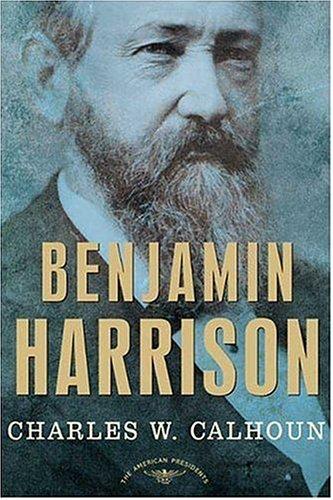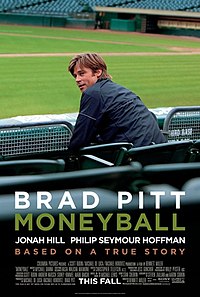Benjamin Harrison
The latest in my ongoing effort to study America through the lens of presidential biographies, Charles W. Calhoun's Benjamin Harrison manages the amazing act of being as informative as a Wikipedia article without actually revealing all that much about its subject. This may be a result of the scope of the book - it's part of The American President's Series, edited by Arthur M. Schlessinger Jr, and it's probable that the author was working towards a specific word count. But whatever the reason, this is hardly the most comprehensive look at the life of the 23rd President (that honor resides with the 3 volume opus by Harry J. Sievers). This isn't necessarily a bad thing; but the book succeeds in revealing very little about Benjamin Harrison himself. This is a political biography, focused entirely on Harrison's professional actions, rather then his personal life. This sadly contradicts the aim of the American President series which, according to Mr. Schlessinger is to remind us of the humanity behind America's leaders.



